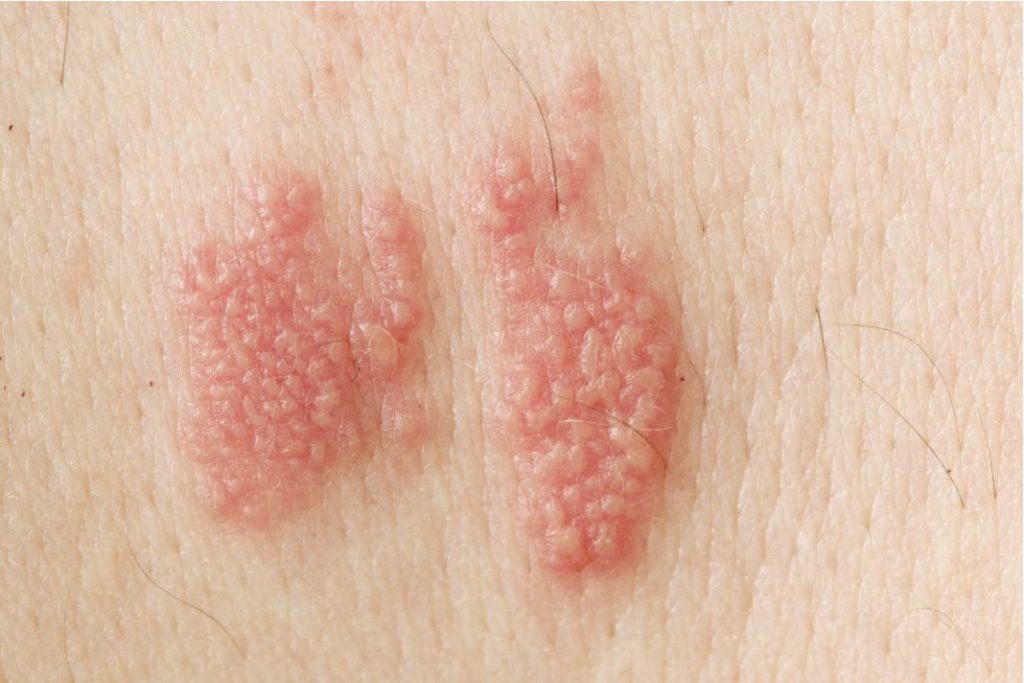Herpes is a viral infection that requires a comprehensive approach for successful therapy. Modern herpes medications include several clinical and pharmacological groups, which are chosen based on the localization of the pathological process, as well as its severity. Herpes is an infectious pathological process caused by a specific pathogen herpes virus. Infection rate is about 90%, but the disease does not develop in everyone.
Due to certain peculiarities of structure and functional activity, the virus, after penetrating into the human body, is incorporated into the genome of cells, where it can remain in an inactive state for a long period of time. Immunity weakening leads to activation of the pathogen, active replication (doubling of the viral genetic material), collection of new viral particles with their subsequent release and death of the infected cell. You can buy herpes medication, hair loss medication and other medications online, which will make it easier for you to treat the disease.
The infectious process develops under the influence of several provoking factors that lead to a decrease in immune activity, these include:
- Systematic use of medications that reduce immune activity.
- Prolonged use of antibacterial agents.
- Congenital immunodeficiency is a pathological condition characterized by insufficient functional activity of the immune system against the background of congenital changes in certain genes.
- Acquired immunodeficiency caused mainly by the progression of HIV infection (HIV – human immunodeficiency virus) and the development of AIDS (acquired immunodeficiency syndrome).
- Metabolic disorder, which mainly affects the carbohydrate metabolism and is accompanied by an increase in glucose levels.
- Irrational nutrition with insufficient intake of vitamins and proteins.
- Overwork caused by excessive physical or mental labor.
- Insufficient duration of sleep.
- Prolonged exposure to stress factors.
- Local or general hypothermia of the body, exposure to high temperatures.
When treating herpes, it is important to consider the possible influence of triggering factors that reduce immune activity, and include measures aimed at eliminating them. For effective adequate therapy, drugs from different clinical and pharmacological groups are prescribed. In addition to medications, general and dietary recommendations are always given.
Drugs for the treatment of herpes

Modern effective treatment is based on the use of several types of herpes medication of different clinical and pharmacological groups, which include:
- antiviral agents with anti-herpetic activity;
- anti-inflammatory drugs;
- antihistamines;
- immunomodulators;
- antiseptics for local application;
- vitamins – primarily vitamins C and zinc.
Each of these is used to achieve specific therapeutic goals. Additionally, antibacterial agents can be used, which are necessary to combat complications of herpes, in particular against the background of the accession of secondary bacterial infection. Bacteria can penetrate into the area of herpetic rashes, especially after the integrity of vesicles (blisters filled with a clear liquid) and the formation of crusts. A triggering factor that contributes to the formation of bacterial complications in herpes is the attempt to remove the crusts yourself. This is not recommended.
Today, antiviral drugs are used additionally, which have an antiviral effect against a large number of different types of viruses, including the causative agents of herpes, varicella, shingles.



